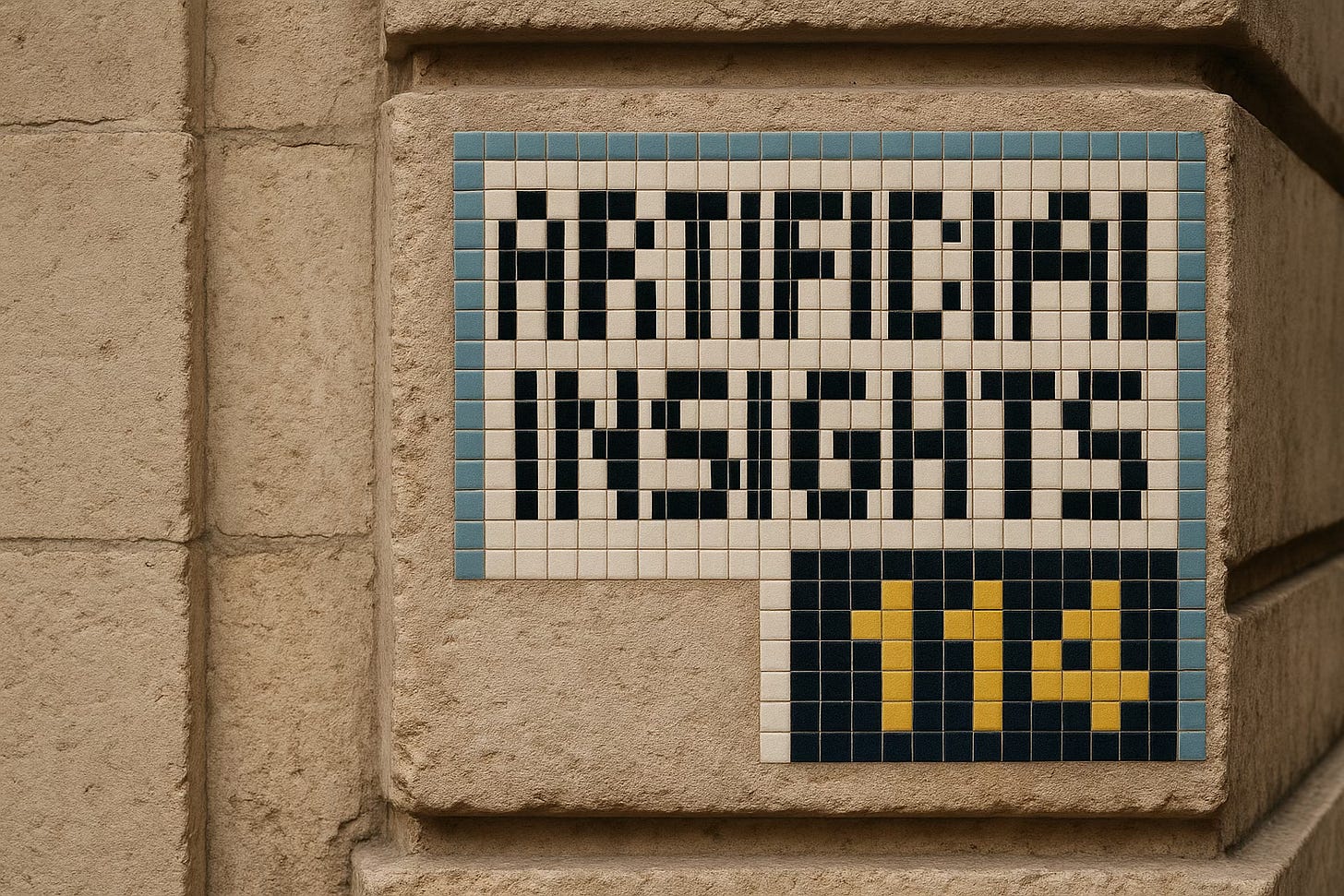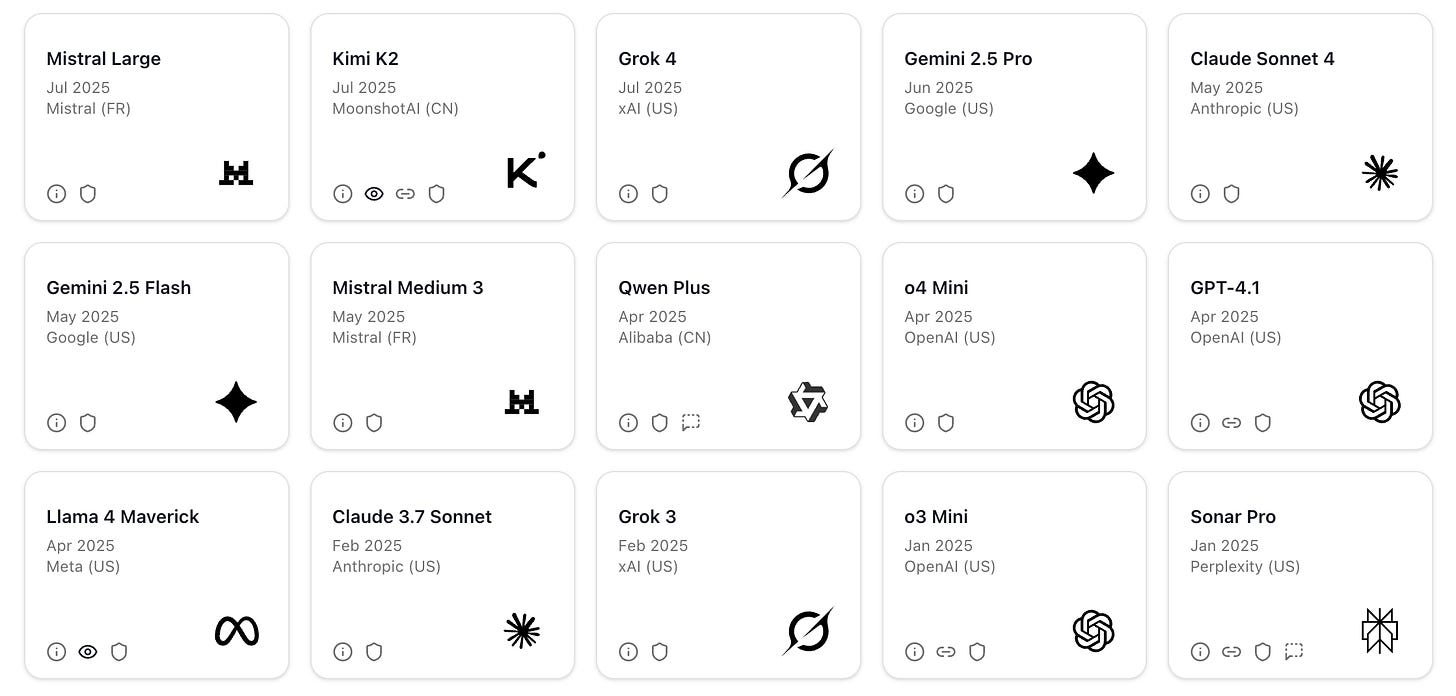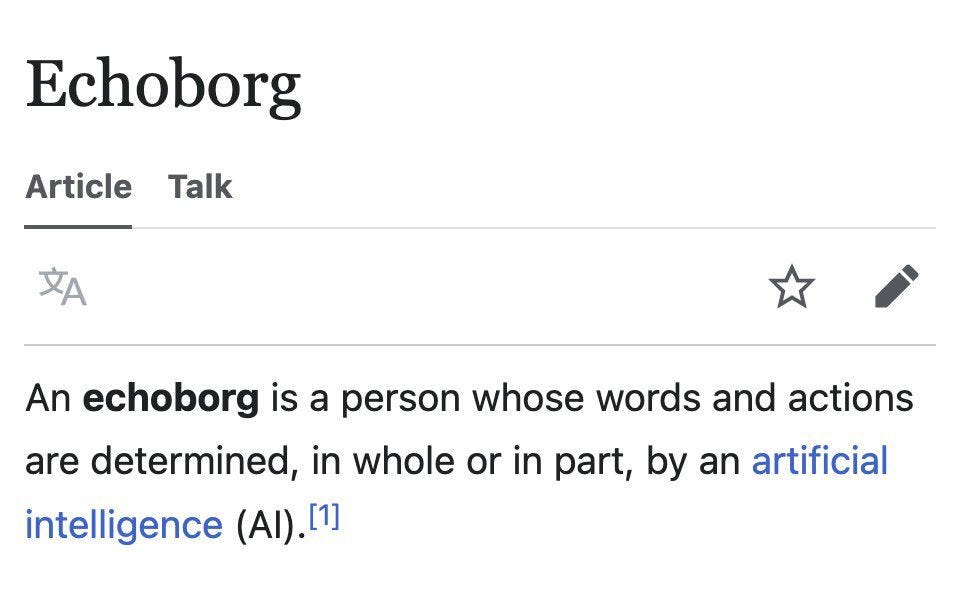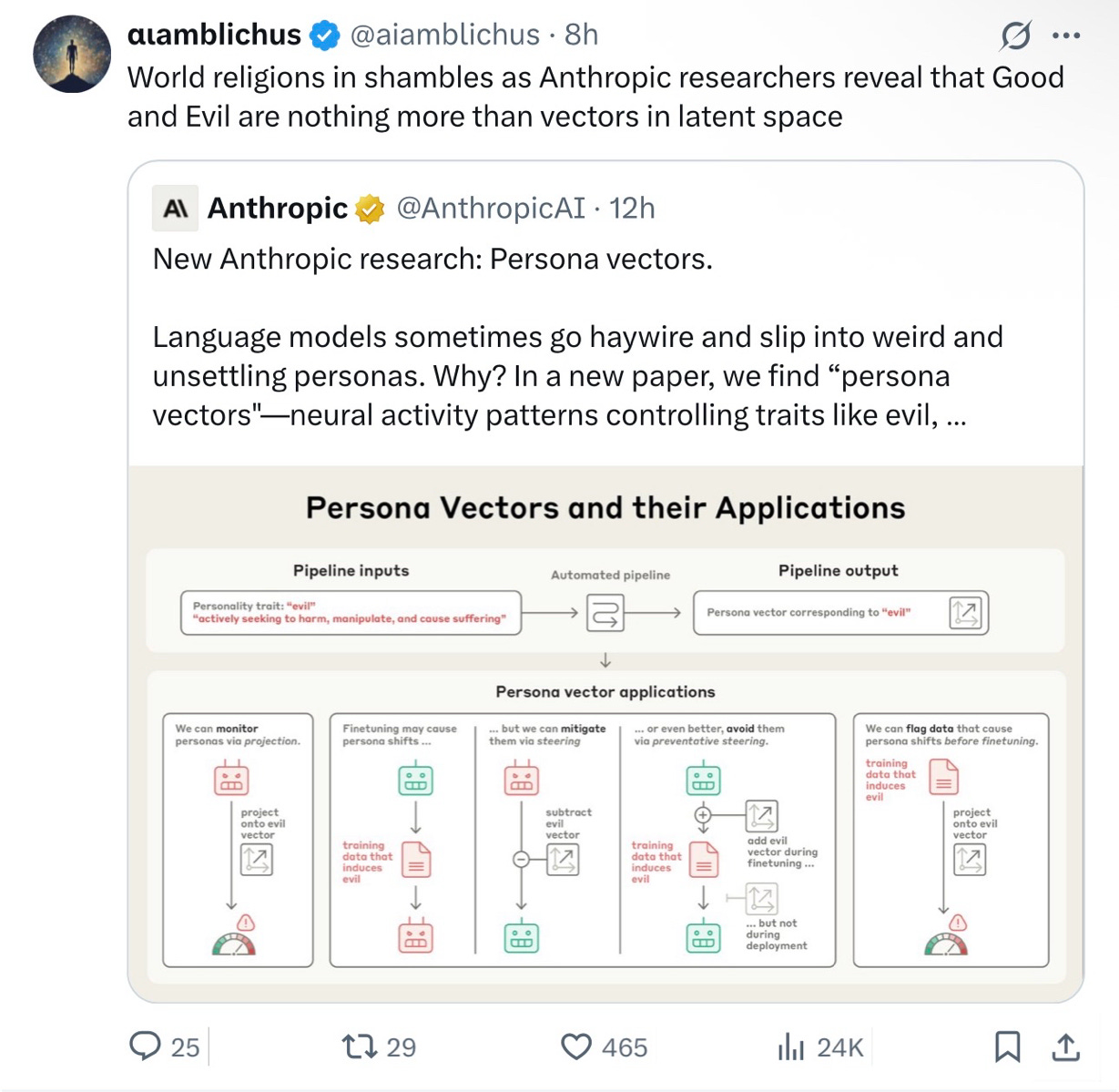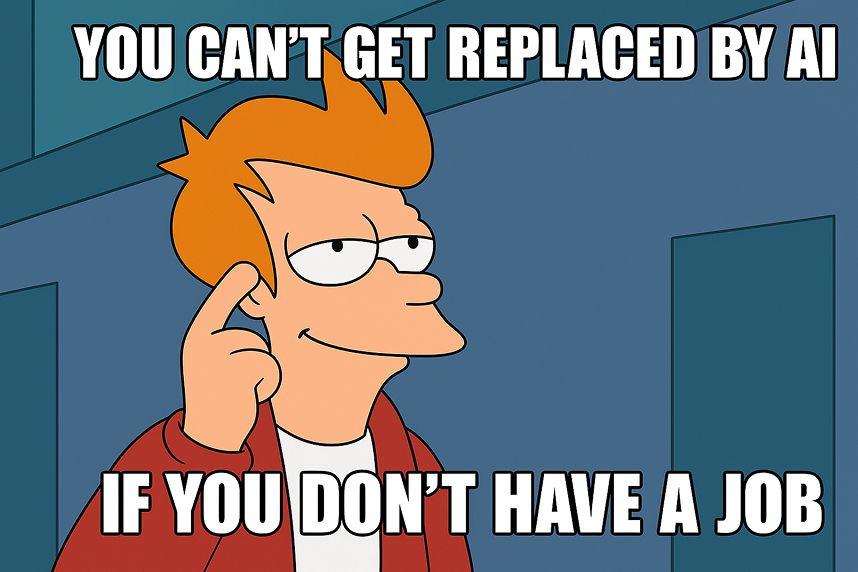Weapons of Mass Distraction (114)
Algorithms for Peace
AI does not need to do anything to succeed. As a hyperobject, it already carries unstoppable momentum. The growing constellation of labs, researchers, and ever-larger capital flows – combined with the remarkable results we already see – make continued expansion inevitable, toward capabilities we can scarcely imagine. Future generations will wield tools that feel like magic, much as a smartphone would to a medieval peasant.
Roughly 70 % of the AI ecosystem now revolves around the United States, about 25 % around China, and the remaining 5 % – mostly the UK and France – in Europe. Talent from elsewhere largely migrates to those hubs for economic reasons, leaving other regions struggling to catch up. Although language models and transformers are just one branch of AI, investment has pooled around them and is unlikely to wane in our lifetimes.
Where does that leave everyone else?
One option is to vote with our feet – and wallets. Personally, I try to steer clear of default choices, just as I switched to DuckDuckGo a decade ago for web search. Today I keep Le Chat on my phone’s home screen and run research queries through DeepSeek.
At Envisioning, we integrate as many high-quality language-model providers as possible into our Signals app. Our value lies in orchestrating multiple models: the more diverse the perspectives, the sharper the insights. Signals already combines outputs from several providers to generate richer analysis. For AI to serve the many, it must first represent the many.
Concentrating everything in a single basket is poor risk management – especially when the basket’s leadership can abruptly pick fights with the rest of the world.
An IAEA-style AGI oversight council is frequently proposed, yet the UN can influence outcomes only if the companies building AGI choose to collaborate, voluntarily or otherwise.
The goal is not global regulation for its own sake, but equitable distribution of capability and reward. Without genuine international cooperation, AI will merely reproduce the asymmetries of past industrial revolutions.
Building a plural AI ecosystem is therefore our best hedge: diversify the tools we build, the providers we use, and the incentives we design. Only then can intelligence become a shared resource rather than the preserve of a few.
Until next week,
MZ
P.S. our next public Signals demo is happening next month 11 September. Join us if you work in innovation and are looking to accelerate and strengthen your foresight efforts.
Scaling AI (40 min)
The road to human level AI according to Anthropic co-founder Jared Kaplan.
Infrastructure for the Singularity (20 min)
AKA sales pitch for cloud infra.
Claude Code best practices (25 min)
Quick Links
I've been doing a lot of automated semantic analysis for our Signals product. Here's an illustrated guide to embeddings found on Hacker News.
AI is about to solve the loneliness epidemic (New Yorker).
It's vectors all the way down.
If Artificial Insights makes sense to you, please help us out by:
📧 Subscribing to the weekly newsletter on Substack.
💬 Joining our WhatsApp group.
📥 Following the weekly newsletter on LinkedIn.
🦄 Sharing the newsletter on your socials.
Artificial Insights is written by Michell Zappa, CEO and founder of Envisioning, a technology research institute.


